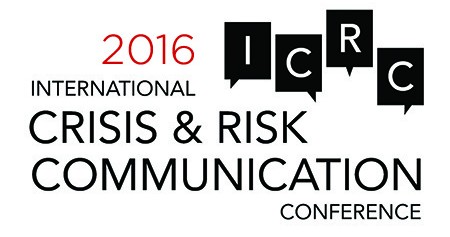
Professor of Communication
Director of Graduate ProgramsPepperdine University in Malibu
United States
Dr. Denise P. Ferguson, APR, is Professor of Communication and Director of Graduate Programs in Communication at Pepperdine University in Malibu, California. Dr. Ferguson’s research has been published in Public Relations Review, Public Relations Journal, Sociological Quarterly, Business Review Yearbook, and The Handbook of Public Relations, and has been presented at annual conferences of the International Association of Business Disciplines, International Communication Association, National Communication Association, and Public Relations Society of America, where she was awarded the 2008 Top Faculty Paper and Best of Public Relations Journal in 2012.
Dr. Ferguson has several years of experience in professional public relations in higher education, corporate, and nonprofit organizations. She earned a Ph.D. in Public Affairs and Issues Management at Purdue University, a master’s degree in Communication at Bowling Green State University, and a B.S. in Communication from Indiana State University. Dr. Ferguson has served as Chair of the Public Relations Division of the National Communication Association and as a former executive member of the international Commission on Public Relations Education.
2015
Breakout Session: Crisis Relationship Repair Framework (CRRF):
Illumination, Explanation and Normative Framework
There are a number of theoretical models and frameworks that are intended to explain, critique and guide normative practices for crisis communication. Many of these models or their underlying assumptions are imported from a wide range of disciplines and fields. Each model is useful and can offer important insights. However, none were sufficiently able to offer a completely satisfying explanation of certain empirical findings: Certain crisis communication message strategies seemed to be consistently perceived as effective, ethical and recommended despite wide differences in latent excellence, existing social capital, situational context, or other explanatory variables.
Advanced as a heuristic conjecture, the Crisis Relationship Repair Framework (CRRF) is described and presented as an approach − grounded in both communication and public relations core theories and practices − which might explain the findings of stable, consistent perceptions of message strategies regardless of source or type of crisis event. The CRRF framework could be helpful as an aid to understand why some crisis communication works and some doesn’t work, and to offer some practical normative guidance for choice of crisis communication strategies and tactics.
2013
Breakout session: Effectiveness in Image Repair: Comparisons of Public Relations and Journalistic Perceptions of Message Strategies Deployed in Post-Scandal/Post-Crisis Public Communication*
Recent organizational crises and increased public accountability have focused attention on and study of the role of crisis communication, issues management and corporate reputation repair. Despite a growing understanding of crisis communication strategies and tactics, different perceptions of what constitutes effective image repair strategies persist. The findings of this study contrast previous research findings from comparisons of journalistic pre-professionals’ effectiveness preferences with those of public relation practitioners. Fifteen core rhetorical choices are examined for the perceived degree of effectiveness in three different types of crisis events. Previous research has suggested a degree of homogeneity in strategy efficacy among catalytic audiences such as those affiliated with public relations, journalism and law. This study extends the previous findings by revealing a high degree of commonality and some differences concerning public relations practitioners’ judgments with journalistic views. Results are presented in terms of effective, ineffective and highly ineffective tiers. Public relations professionals report more rhetorical strategies that are viewed positively, and do not see transcendent and counter-attacking strategies as negatively as do burgeoning journalists. Findings are discussed in terms of application for communication professionals.


